Harmony in a Bottle: Unveiling the Relaxing Power of CBD Oil
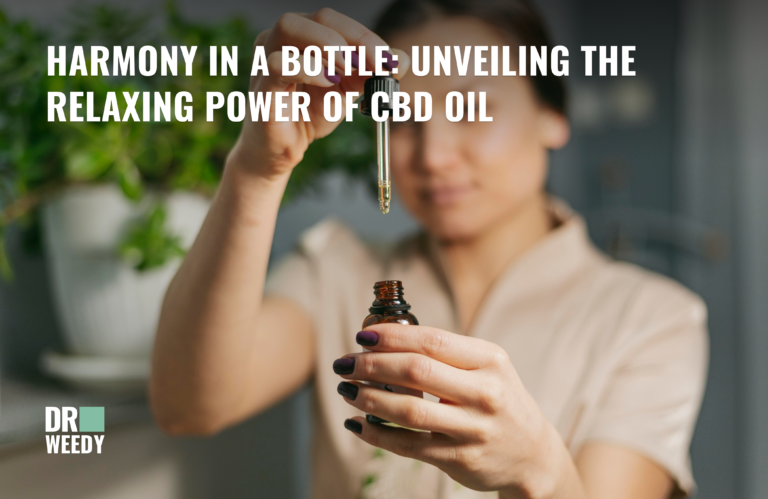
Cannabidiol (CBD) oil use is sweeping the wellness realm as more people discover its abilities to dial down anxiety, improve sleep quality, and alleviate chronic pain. This non-intoxicating hemp compound interacts with the body’s endocannabinoid system to trigger positive neurological and physiological responses. Unlike the “high” caused by THC, CBD oil delivers mellow and centering sensations ideal for relaxation and overall wellness support.
What is CBD Oil and How Does it Work?
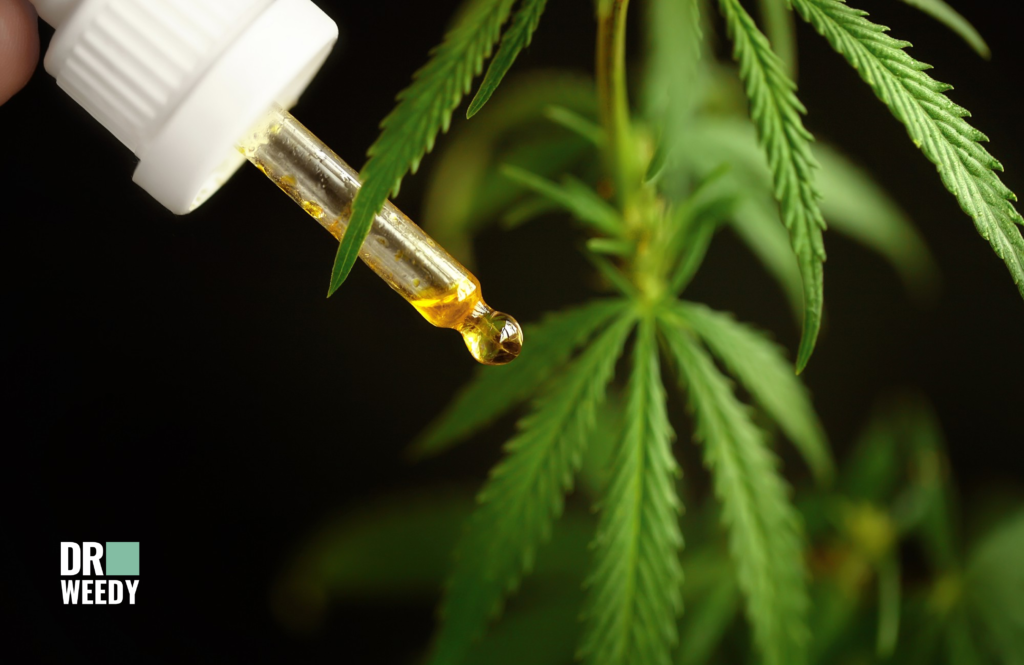
Unlike tetrahydrocannabinol (THC), the psychoactive compound in cannabis, non-intoxicating CBD interacts with the endocannabinoid system (ECS) – a network of receptors regulating vital processes like inflammation, anxiety, cognition, and pain perception. By supplementing depleted levels of natural endocannabinoids, CBD helps restore equilibrium.
Decoding the CBD Formats
With the hemp CBD market projected to surpass $20 billion by 2024, there is no shortage of product varieties. From tinctures to gummies and muscle rubs, access is easier than ever before. But with so many options available, it’s helpful to understand the key differences:
Full Spectrum CBD
- Contains CBD along with other beneficial cannabis compounds like flavonoids, terpenes, and 0.3% or less THC
- Offers an “entourage effect” with contributions from multiple ingredients
- Most resembling cannabis in its raw botanical state
Broad Spectrum CBD
- Has additional compounds like flavonoids but undergoes processing to remove THC
- No chance of THC detection during drug screening
- May be preferable for high-risk professions
CBD Isolate
- Simply purified CBD extract with no other cannabis compounds present
- Odorless and flavorless for versatile product formulation
- Works well for users who want no THC exposure
So whether aiming to benefit from complementary botanicals or avoid even trace THC due to career constraints, quality CBD supplements are accessible in a format that aligns with personal preferences.
Physical Relaxation and Pain Relief with CBD Oil
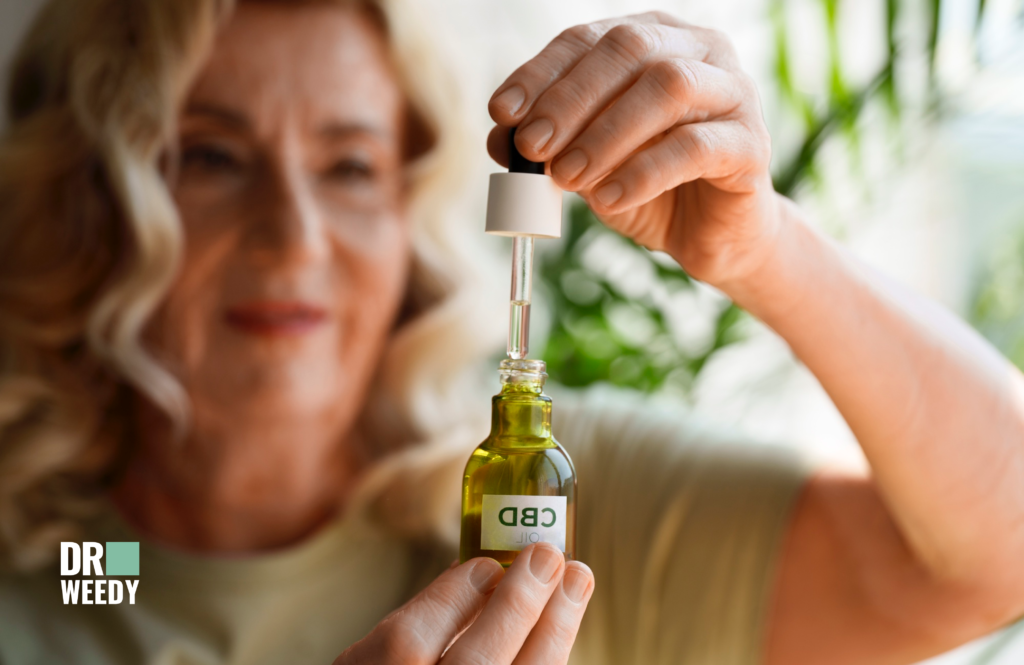
The most readily apparent feelings prompted by quality CBD oil products are profound full-body relaxation and pain relief. Muscle tension eases as inflammation reduces, bringing:
- Muscle Relaxation – Feel tightened muscles let go as spasms, cramps, and stiffness decrease throughout the body.
- Nervous System Calming – Anxiety, stress, and persistent “fight or flight” responses gentle as CBD interacts with serotonin and GABA receptors in the brain.
- Inflammation Reduction – CBD demonstrates natural anti-inflammatory properties, diminishing joint pain, headaches, and injury-related discomfort over time through regular use.
- Improved Circulation – Increased blood flow affiliates with CBD use as arteries and capillaries dilate, signaling tissues to relax. This brings nourishing oxygen throughout the body.
Achieving Mental Clarity and Emotional Balance with CBD Oil
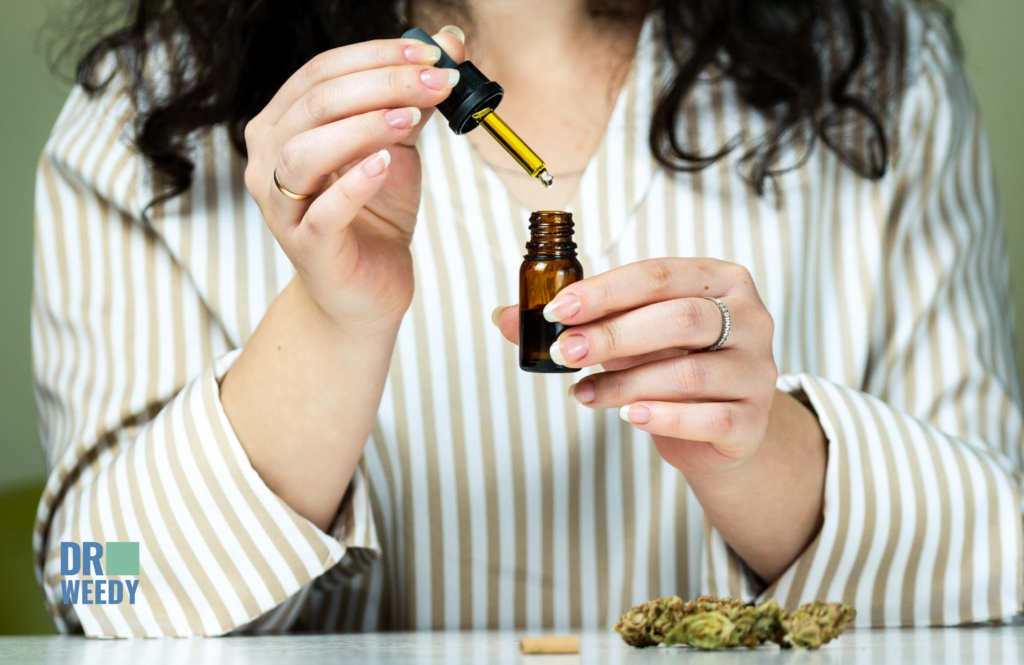
CBD oil not only helps the body relax, but it balances the mind and elevates mood as well. Users self-report:
- Sharpened Focus – Feel dialed into each moment with enhanced clarity and concentration, able to tackle work and creative projects with less wandering thoughts.
- Mood Elevation – CBD stimulates dopamine and serotonin levels, brightening outlooks and making it easier to manage anxiety, seasonal blues, PTSD, and depressive thought patterns.
- Emotional Resilience – With mood stabilization from CBD, it’s easier to roll with life’s punches and handle stressful events and relationships with more poise and perspective.
Revisiting CBD Compared to Prescriptions
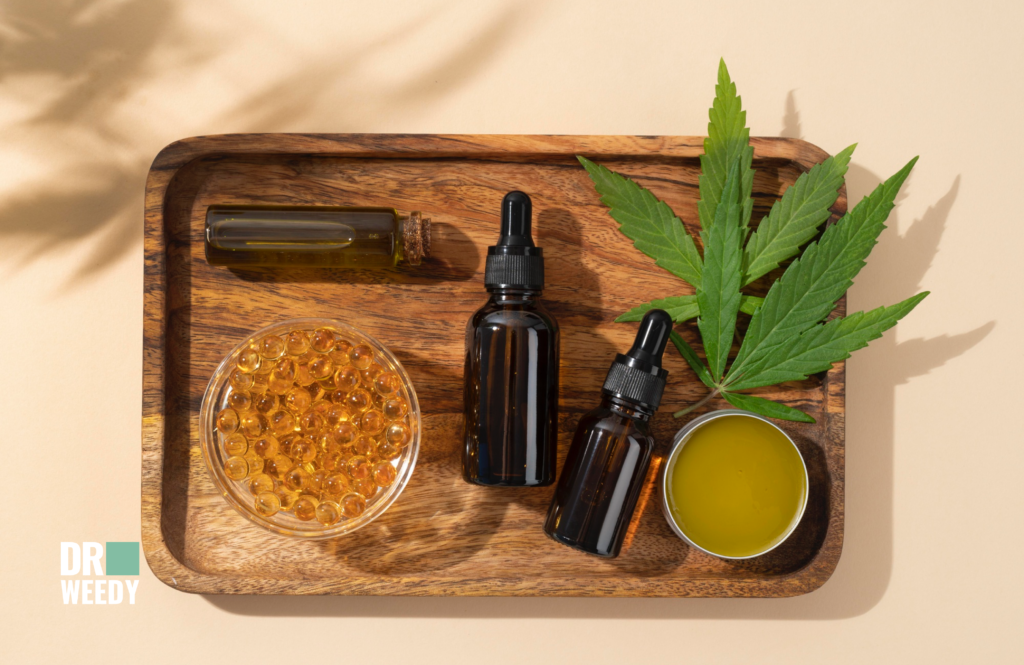
In relation to common prescription options like NSAIDs, tranquilizers, or opioid pain pills, CBD oil provides comparable therapeutic effects without risks like:
- Gastrointestinal Bleeding
- Organ Damage
- Dependency
- Overdose
However, CBD oil has not reached the rigorous clinical testing standards undergone by FDA approved medications. While increasingly embraced by medical professionals for difficult to treat health conditions, more research is still needed on CBD’s long term efficacy across physical and mental health applications.
Ongoing Scientific Research Affirms Benefits
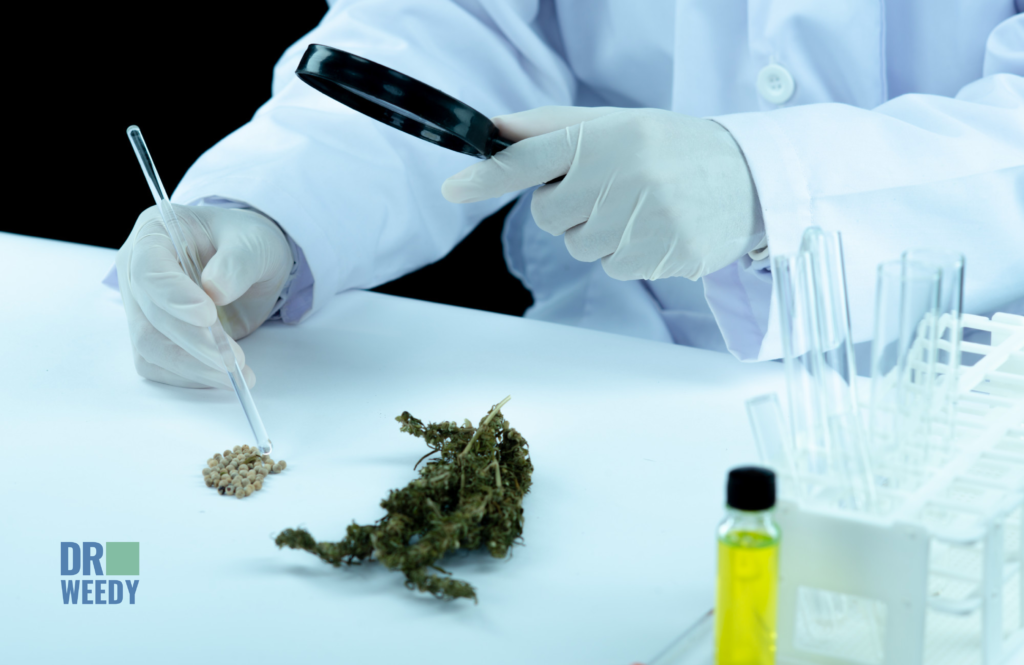
While more robust double blind placebo controlled trials are needed, preliminary CBD research reveals promising outcomes:
Pain Relief – Per 2017 trial, CBD administration provided statistically significant pain reductions among arthritis and multiple sclerosis subjects.
Anxiolytic Effects – 2020 literature reviews cite significant anxiety score improvements following short term CBD treatment, though clinical diversity was suboptimal.
Addiction Therapy – Early indicators point to CBD normalizing reward center neurotransmitter outputs among recovering opioid addicts, as supported by a 2015 analysis.
Calculating Dosage Amount
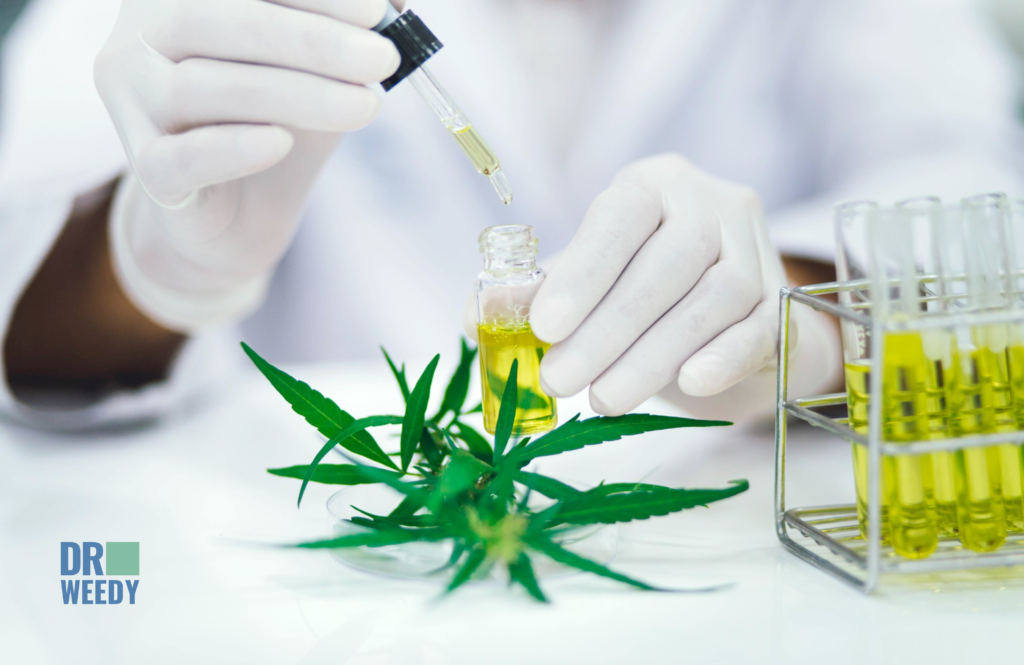
For capsules and gummies, dosage is straightforward based on milligrams (mg) per piece outlined on the label. However, oils and tinctures require some math:
- Check Label for Total Volume and CBD Content. A 1 oz / 30 mL bottle may contain 1,500 mg total CBD
- Determine CBD Concentration. 1500 mg CBD ÷ 30 mL bottle = 50 mg CBD per mL
- Calculate Milligrams per Drop.
- With ~0.05 mL average dropper size: 50 mg/mL x 0.05 mL/drop = 2.5 mg CBD per drop
- Decide Target Dose. Aim for 25 mg per day to start
- Derive Needed Drops. 25 mg daily dose ÷ 2.5 mg/drop = 10 drops
So here you would take 10 drops daily to get 25 mg CBD. Monitor effects over 2 weeks and adjust dose if needed. Keep the concentration formula handy to recalculate different doses.
Key Factors Influencing Dosage Amounts
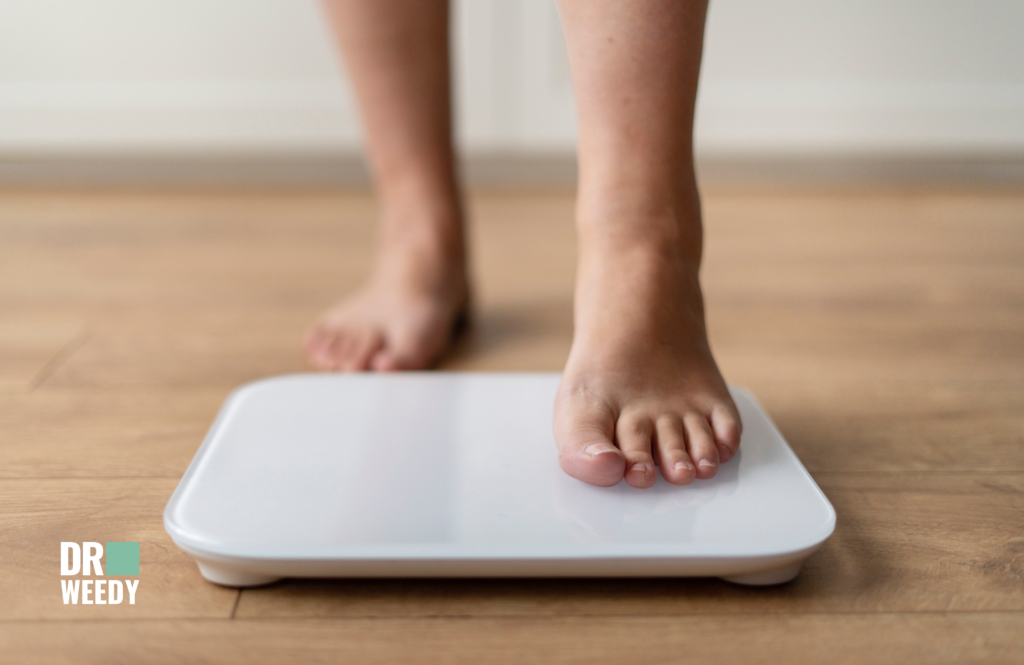
While experimentation drives bespoke dosing, these dynamics impact typical effective ranges:
Body Weight – Higher weight individuals often need more mg CBD for same effects.
Condition Severity – More chronic pain signals or severe anxiety require bigger doses.
Delivery Method – Inhaled/sublingual onset faster, last less time versus edibles.
Potential Risks and Considerations

While predominantly positive, CBD oil use may prompt some undesirable effects to consider as well, including:
- Drowsiness – CBD can leave some users feeling sedated and sluggish, especially at higher doses.
- Inhibited Liver Function – High doses of CBD demonstrate cellular damage to liver tissue in isolated cases. It’s smart to monitor liver enzymes with a simple blood test during early CBD use.
- Medication Interactions – CBD may impact absorption rates of other pharmaceutical drugs. Checking with one’s doctor is essential to avoid complications.
- Diarrhea or Appetite Change – CBD binding to CB1 receptors can sometimes trigger digestion issues. Start with low doses and increase slowly.
Consult a knowledgeable integrative or functional medicine practitioner before beginning a CBD regimen. They can recommend reputable brands, establish ideal serving sizes, and monitor progress during the first 90 days of use.
Trying CBD Oil for Better Wellbeing
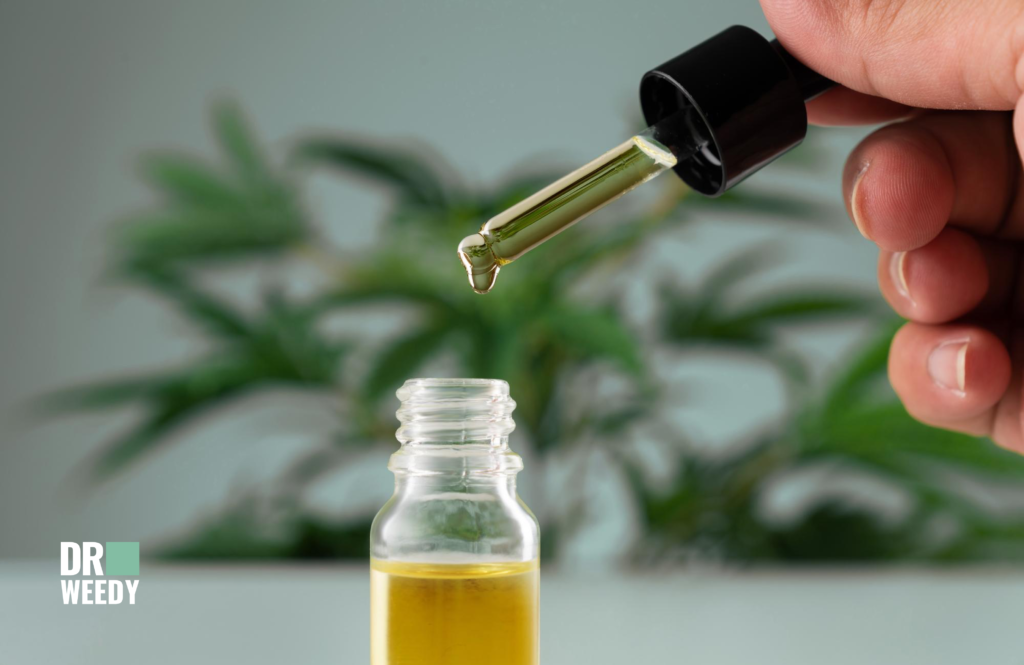
Still numerous uncertainties exist regarding CBD’s full therapeutic scope. But compelling indications are that thoughtfully incorporating it into personal health routines may provide natural relief with inflammation regulation, nervous system balance, improved sleep cycles, and more. Working with a knowledgeable integrative medicine practitioner can help determine if a CBD oil regimen aligns with your wellness goals.
























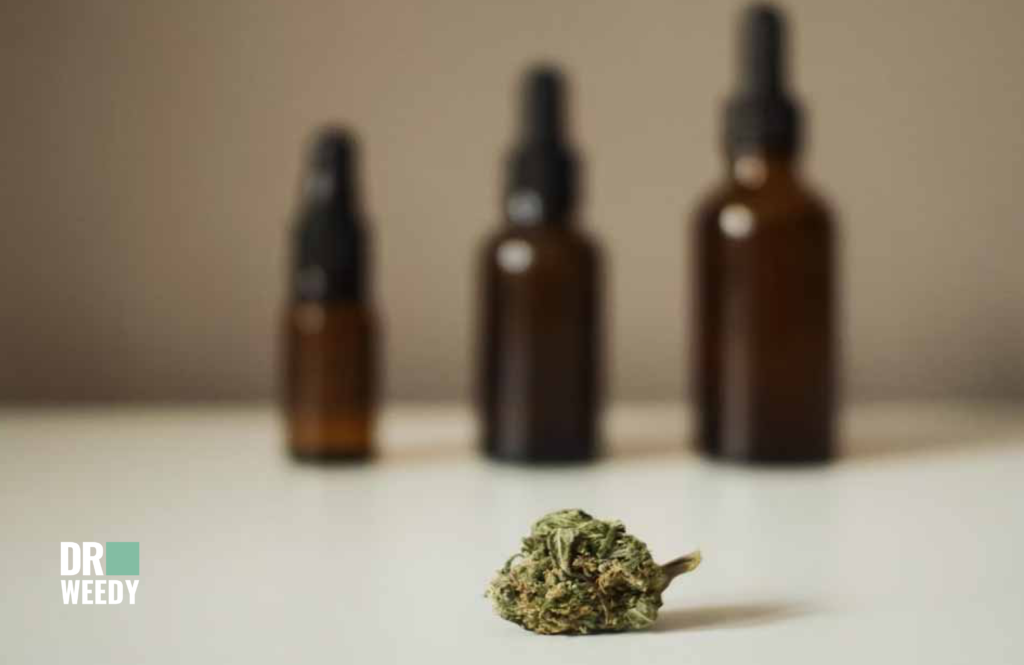

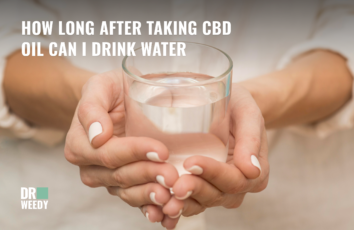
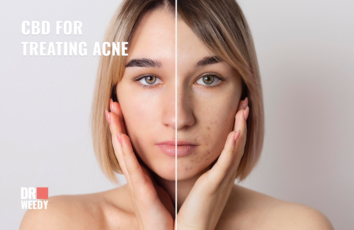
These are truly enormous ideas in on the topic of blogging.
You have touched some good points here. Any way keep up wrinting.
I think this is among the most significant information for
me. And i’m glad reading your article. But
wanna remark on some general things, The website style is wonderful,
the articles is really great : D. Good job, cheers
This is my first time pay a visit at here and i am truly
pleassant to read everthing at one place.
For most up-to-date information you have to pay a quick visit
internet and on internet I found this web page as a most excellent
site for latest updates.